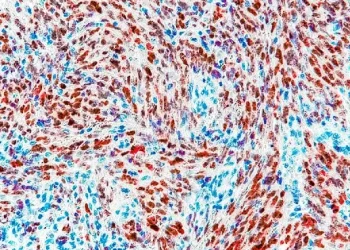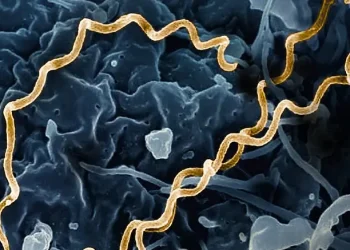A New Step Toward Preventing a Deadly Viral Disease
The National Institutes of Health (NIH) has launched a clinical trial to test a promising Lassa fever vaccine. With no approved treatments available, researchers aim to evaluate the vaccine’s safety and immune response in healthy adults.
Understanding Lassa Fever
Lassa fever is a viral hemorrhagic illness primarily found in West Africa. It spreads through contact with infected rodents or human-to-human transmission.
The disease can be fatal, and up to one-third of survivors experience permanent hearing loss. Despite its severe impact, no specific vaccine or treatment currently exists.
NIH’s Clinical Trial: What to Know
Researchers at the University of Maryland School of Medicine in Baltimore are enrolling participants for the trial.
Sponsored by NIH’s National Institute of Allergy and Infectious Diseases (NIAID), this study is evaluating the experimental vaccine LASSARAB, developed by scientists at Thomas Jefferson University.
Details of the Study:
- Participants: 55 healthy adults aged 18-50
- Trial Phases: Evaluating three different vaccine concentrations
- Procedure: Two injections, 28 days apart
- Control Group: Some participants receive an FDA-licensed rabies vaccine instead
This study marks an essential step in developing a safe and effective vaccine against Lassa fever.
How the LASSARAB Vaccine Works
LASSARAB is built on an inactivated rabies vaccine, modified to express both rabies proteins and a Lassa virus glycoprotein.
Early research in nonhuman primates showed promising results, with two doses providing full protection against the virus.
LASSARAB Vaccine Development
| Aspect | Details |
|---|---|
| Vaccine Type | Inactivated rabies-based vaccine |
| Developer | Thomas Jefferson University |
| Previous Testing | Nonhuman primates, 100% survival |
| Trial Phase | Phase 1, safety & immune response |
| Sponsor | NIH/NIAID |
What This Trial Means for the Future
If successful, LASSARAB could move to larger clinical trials, paving the way for widespread use in high-risk regions.
While additional research is needed, this trial represents progress in preventing a disease that affects hundreds of thousands annually.
Learn More
For further details on this ongoing study, visit ClinicalTrials.gov (NCT06546709). Stay informed about global health research and vaccine advancements by following NIH updates.
Sources: National Institutes of Health.









